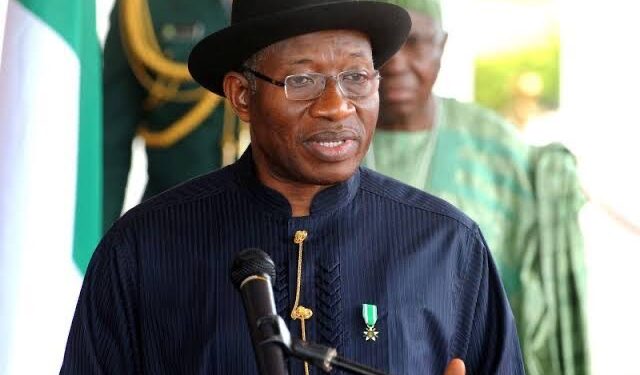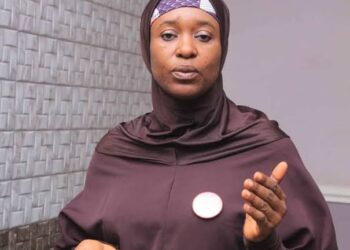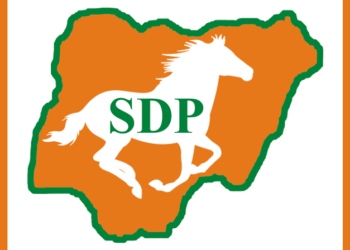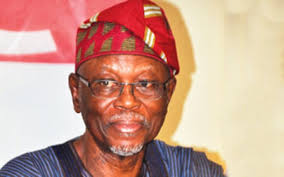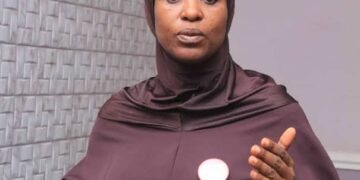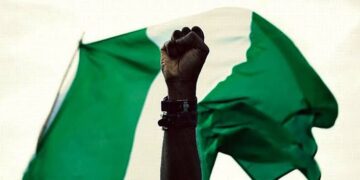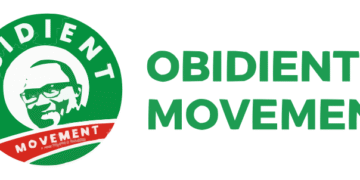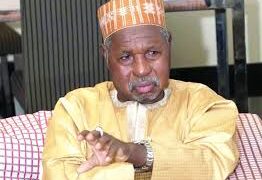Former Nigerian President Dr. Goodluck Jonathan believes that the main cause of conflicts in Africa is the fight for power. Speaking at an event in Abuja organized by the Institute for Peace and Conflict Resolution (IPCR) to mark the International Day of Peace, Jonathan emphasized that leadership struggles are deeply rooted in the continent’s conflicts.
He expressed concern about Nigeria’s ongoing issues, stating that until the country develops a strong culture of peace, political conflicts will likely persist. Jonathan pointed out that many disputes arise from individuals and groups vying for control, often leading to violence and instability. He urged leaders across Africa to prioritize peace and cooperation over power struggles.
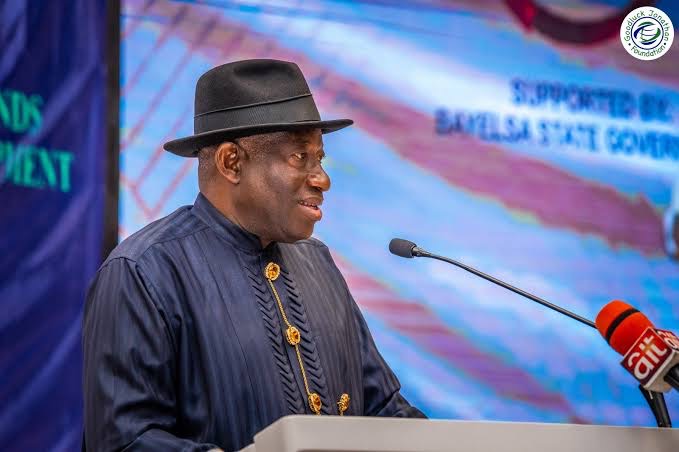
Jonathan also argued against the perception that politics is inherently corrupt. He clarified that it is the actions of a few dishonest individuals that contribute to this negative view.
He called for a shift in mindset among politicians and citizens alike, emphasizing the importance of fostering a culture of peace and integrity in governance. This culture, he believes, can pave the way for more peaceful societies and reduce the frequency of conflicts.
Highlighting the importance of peaceful elections, Jonathan referred to the recent governorship election in Edo State, which was marred by allegations of irregularities and heightened tension.
He noted that concerns over fairness and transparency in the electoral process can lead to disputes and violence. Jonathan stressed that technology alone cannot resolve Nigeria’s electoral challenges, as corrupt individuals can easily manipulate systems to serve their interests.
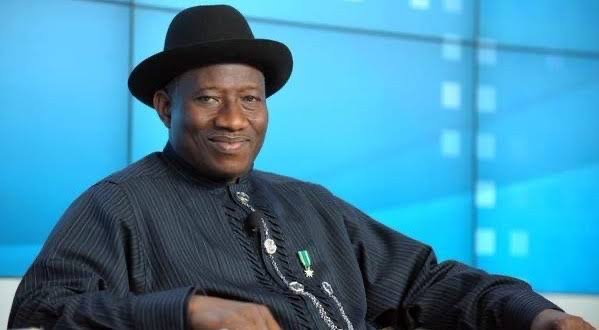
Supporting Jonathan’s views, Dr. Samuel Iroye, Head of the Department of Peace and Conflict Studies at the National Open University of Nigeria, emphasized the need for collective effort in promoting peace across the continent.
He called for greater youth engagement in developmental initiatives and highlighted the importance of equal access to education. Iroye believes that involving young people in peace-building efforts is crucial for creating a sustainable future.
Dr. Joseph Ochogwu, Director General of IPCR, added that achieving peace requires significant investment from all Nigerians. He urged citizens and leaders to prioritize the development of peaceful communities and to actively work against corruption.
Jonathan was honored as a Fellow by IPCR for his commitment to peace, demonstrating that leadership can indeed prioritize collective well-being over personal interests.
In his closing remarks, Jonathan pointed out that Africa’s bureaucratic challenges are often linked to political failures.
The continent’s diversity in governance and statehood presents unique obstacles, making it essential to focus on promoting peace, addressing corruption, and ensuring inclusive institutions.
By fostering a culture of peace and collaboration, Africa can begin to overcome its historical struggles and move toward a more stable and prosperous future.


